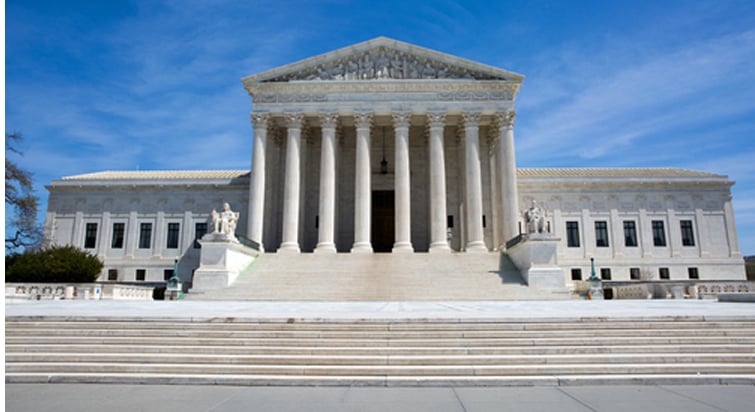An 'ominous development' for race-conscious college admissions? Supreme Court accepts 2 challenges

Image from Shutterstock.
The U.S. Supreme Court on Monday agreed to hear challenges to race-conscious admissions at Harvard University and the University of North Carolina at Chapel Hill.
The Washington Post calls the cert grants “an ominous development for those who say there is a continuing need for affirmative action in higher education.”
The New York Times and Law.com also have coverage; the cert petitions are here and here.
The group that challenged the race-based admissions policies, Students for Fair Admissions, is urging the Supreme Court to rule that Title VI of the Civil Rights Act bars colleges and universities that receive federal funding from considering race in admissions. The group also contends that the 14th Amendment bars public schools from considering race.
Students for Fair Admissions is asking the Supreme Court to overrule Grutter v. Bollinger, a 2003 Supreme Court decision that held that colleges and universities may use race as one factor in admissions decisions. The Supreme Court again upheld the use of race in admissions in 2016 in Fisher v. University of Texas at Austin in an opinion by Justice Anthony M. Kennedy, who has since retired.
Harvard’s program rates applicants based on academic ability, extracurricular activities, athletic pursuits, teacher and guidance counselor recommendations, personal factors (including “likability” and kindness) and an overall assessment. An applicant’s race can be a plus in the overall assessment.
Students for Fair Admissions said Harvard’s use of “racial balancing” violates the law. The group also contends Harvard discriminates against Asian American applicants by giving them lower ratings for likability and other personality traits.
In the North Carolina case, Students for Fair Admissions alleges that the university discriminates against white and Asian applicants by giving preferences to Black, Hispanic and Native American applicants.
The Washington Post points out that Chief Justice John G. Roberts Jr. had dissented when the Supreme Court upheld the race-conscious admissions programs at the University of Texas in a 4-3 decision, along with Justices Clarence Thomas and Samuel A. Alito Jr. Since then, another member of the Fisher majority, Justice Ruth Bader Ginsburg, has died. Justice Elena Kagan had not participated in the decision.
Students for Fair Admissions quoted from a Roberts opinion in its Harvard cert petition.
“It is a sordid business, this divvying us up by race,” Robert had written.
The U.S. Department of Justice had supported Students for Fair Admissions in the Harvard case in 2018, but the department switched its stance during the Biden administration.
The cases are Students for Fair Admissions v. President and Fellows of Harvard College and Students for Fair Admissions v. University of North Carolina. They are likely to be argued in the fall, according to Law.com and the news coverage.
Hat tip to SCOTUSblog, which has documents for the cases here and here.



